9 Calf Compression Sleeve Benefits You Need to Know
Calf compression sleeves offer multiple benefits to those looking to target the area around their calf muscles specifically. From athletes to walkers and casual wearers, at work, when traveling, or for everyday activities, calf sleeves can reduce pain and inflammation, help with recovery, and boost blood flow to some of the most used muscles of our bodies.
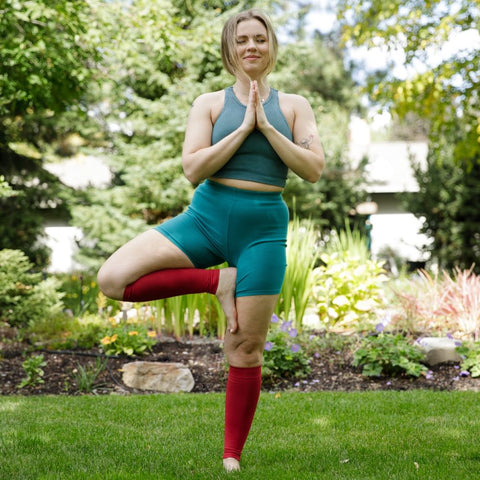
What are the benefits of wearing calf compression sleeves? Thanks to the pressure applied to the calf muscles, they relieve pain and discomfort, prevent swelling, and boost blood flow to speed up recovery after exercise and to avoid circulatory problems.
In this article, we’ll tell you all about why calf sleeves are beneficial and how anyone can take advantage of them to feel better, lighter, and more energized.
What are Calf Compression Sleeves?
First off, what’s the difference between calf sleeves and compression socks? While compression socks cover the feet and ankles, then work their way up to the knees, compression sleeves are tubular garments that are worn between the ankle and the knee. They support the calf muscles and shins and apply equal amounts of pressure throughout the length of the garment.
Calf compression sleeves are often used by athletes, but they offer a whole host of benefits to pretty much anyone. We’ll cover these in detail below.
9 Calf Compression Sleeve Benefits to Know About
Compression garments in general can bring lots of benefits to those suffering from problems with their peripheral circulation or to anyone who just needs a little pick-me-up after a long day on their feet. Sleeves are typically associated with sports, but they are useful in any scenario. Here are the top perks of wearing them.
1. Enhanced Blood Circulation
Compression sleeves stimulate better blood flow in the lower legs. During inactivity, blood can pool at the bottom of the legs and cause swelling and discomfort. This can also lead to the formation of blood clots or more serious conditions like DVT (deep vein thrombosis) or varicose veins. The continued pressure applied by compression sleeves helps reduce the likelihood of this happening.
Boosting blood flow is one of the biggest and best known benefits of compression therapy. With compression sleeves, this is specifically focused on the calves. It’s a very targeted way to lead blood to the calf muscles, helping decrease recovery times and reduce muscle fatigue and damage during exercise.
2. Reduced Muscle Soreness and Fatigue
When you run, play sports like tennis or basketball, or even walk and hike, you put a significant amount of pressure on the lower legs. For the calf muscles, this becomes even more obvious if you’re doing hilly walks and runs or if you jump a lot. As a result, the muscles get sore and start to feel tired.
Compression garments help direct continuous blood flow to the area they’re worn on, in this case the calves. This means the muscles get oxygen and nutrients more quickly, helping them get less tired during exercise and making your legs feel lighter and less fatigued.
3. Faster Recovery and Reduced Muscle Damage
The quicker and more efficient delivery of blood to the muscles means that calf sleeves deliver oxygen and nutrients quicker to the muscle cells in need of repair after the exercise-induced muscle damage. This reduces the length of time required for athletes to feel ready for heavier exercise between workouts.
Another aspect of muscle damage is linked to micro-vibrations that go through the tissues when we exercise. Although tiny, the repeated landing impact on the lower leg muscles can take its toll over time. In theory, since compression sleeves keep a tight hold of on the calves, they help reduce these vibrations and long-term muscle damage as well.
4. Enhancing Performance and Endurance
Some studies have shown that athletes who wear compression garments can experience better muscle efficacy and proprioception. Items such as compression sleeves bring more oxygen to the muscles, which helps them recover and continue to perform better even during exercise.
However, the overall consensus relating to compression sleeves is that they are best at promoting recovery thanks to the combination of massage and boosted blood flow. There is a less strong correlation between wearing them and performing better during efforts. But, if you consider that recovering quicker allows athletes to train hard sooner after a hard session, this does potentially lead to them getting better at their sport than their peers. As a result, compression use can also be considered to enhance performance.

5. Reducing Leg Swelling and Cramps
Swelling and cramps in the lower legs are often linked to bad circulation (but also to sub-optimal hydration, salt levels, and muscle damage or soreness). Thanks to an improvement in blood flow, compression calf sleeves reduce the likelihood of the lower legs swelling up or cramping, either when traveling and sitting still for long periods of time or when standing all day.
6. Lowering the Risk of Blood Clots, DVT, and Varicose Veins
When blood pools in one spot, blood clots can form, which is dangerous. Blood clots created in the limbs can travel up towards the rest of the body and there is a risk of them settling in the lungs, which can lead to pulmonary embolism - a life-threatening condition.
Additionally, poor blood circulation can lead to issues like varicose veins (swollen veins usually visible on the legs and causing aches and heavy legs) or deep vein thrombosis (DVT - a blood clot developing within a deep vein, usually in the leg). All these are preventable through better blood flow, enabled by compression garments such as calf sleeves.
7. Support for Shin Splints and Calf Strains
The localized action of calf compression sleeves makes them ideal for wearing when you suffer from shin splints (pain on the front of your lower leg) or calf strains (pain in your calf muscles). After all, that’s exactly the area they apply pressure to.
When you’re feeling the onset of shin splints from running or walking a lot, you can take a few days’ rest from activity. To speed up recovery, wearing calf sleeves will accelerate the blood flow in the area and decrease inflammation and pain around the tibia. Calf compression sleeves can also offer extra support to the muscles and veins, reducing the likelihood of getting shin splints in the first place.
For calf injuries, compression sleeves help support the muscle and reduce the impact of exercise upon return to activity. Since they help stabilize the calf muscles, compression sleeves can also reduce the likelihood of a calf strain.
8. Temperature Regulation
Boosting blood flow to the area covered by compression garments helps regulate temperature in that part of the body. Studies show that wearing compression socks or sleeves increases skin temperature without changing an athlete’s heart rate or effort levels when exercising. So, without making an effort, you can warm up wearing compression sleeves.
9. Protection and Injury Prevention
Overall, supporting the calf muscles, tissues, and veins in the lower legs gives you more protection against micro-vibrations, the impact of repeated landing during exercise, and strains and sprains. This is why calf sleeves are worn in endurance events, for long-distance walking, or just for standing around a lot. That additional tight grip on the muscles feels like an ongoing massage, too.
Who Can Benefit from Leg Compression Sleeves?
You don’t have to be an athlete to benefit from compression. In fact, doctors often prescribe compression garments such as leg compression sleeves for those suffering from circulatory problems, for pregnant women, or simply for those who spend all day on their feet.
Runners and Other Athletes
Practicing sports often takes its toll on the body. Running, jumping, or walking all have an impact on the lower legs because of how you repeatedly land on the feet, producing a multitude of micro-vibrations through the joints and muscles. And let’s not forget the “good” soreness caused by being active - delayed onset muscle soreness.
Compression sleeves for the legs support the muscles and joints during exercise, giving you added protection from shocks. They speed up recovery thanks to boosted blood flow afterwards, which feeds the muscles and helps you get back to doing what you love quicker.
Long Distance Travelers and Commuters
Long distance traveling often involves sitting still for long periods of time, sometimes in very awkward positions (think crammed plane seats!). This causes blood to pool in the lower legs, increasing the risk of developing blood clots and causing swelling and pain. Compression sleeves keep the blood flowing naturally and reduce these risks, all while driving down inflammation and soreness.
And it’s the same for commuters - that daily hour or more spent in the car can lead to swollen legs, aches, and pains. Compression garments take the strain off the lower legs and sleeves even allow you to pair them with any type of footwear you’d like.
Teachers, Nurses, and Others Who Stand All Day
Many professions involve a lot of standing all day. Gravity plays a negative role here, forcing blood downwards. This is what causes swollen, achy legs and feet, at the end of the day. And, in most of these situations, you have to do it all again the following day!
Compression sleeves boost circulation and help muscle recovery while reducing inflammation and swelling. Teachers, nurses, salespeople attending conferences… instead of simply hoping you’ll feel better after you prop your legs up against the wall when you come home, you can prevent swelling and discomfort by wearing compression sleeves.

Office Workers and Those Who Sit All Day
Standing isn’t the only detrimental activity for blood flow to the legs. Sitting can also lead to swelling and pain, especially as the lack of movement encourages blood to pool down by your ankles.
If you’re prone to sitting around for long stretches of time, compression sleeves will prevent your lower legs from becoming painful and swollen. They can also keep your lower legs warm and comfortable in an air-conditioned office, as we’ve seen with their temperature regulation effects above.
Those Who Are Expecting
Pregnancy increases your risk of developing blood clots and DVT significantly, according to the CDC. Extra fluid is also a real issue for expecting mothers, whose bodies produce more blood and body fluids to support the baby’s development. This can lead to swelling, painful limbs, and general discomfort in the lower legs.
Wearing compression sleeves during pregnancy has been shown to reduce swelling, calm down pains, and prevent cramping caused by inadequate blood flow to the muscles. Compression also helps diminish all the risks associated with venous insufficiency, blood clots, etc.
Individuals with Certain Health Conditions
If you suffer from neuropathy, diabetes, sciatica, and numerous other health conditions, you may benefit from compression garments. Especially in cases where pain or swelling is caused by your illness, doctors will prescribe compression sleeves, socks, or leggings. They are also particularly recommended to boost blood flow during bed-ridden periods or when recovering from surgery.
Consult with your doctor to see what type of compression garment could benefit your situation.
Find the Best Compression Sleeves for Your Calf Muscles
Calf muscles get pain relief and boosted comfort from compression sleeves. Whether you choose to wear leg compression sleeves for aesthetic or functional reasons, or to alternate with your favorite pair of socks or stockings, browse the latest collection here to find the best pair for you.




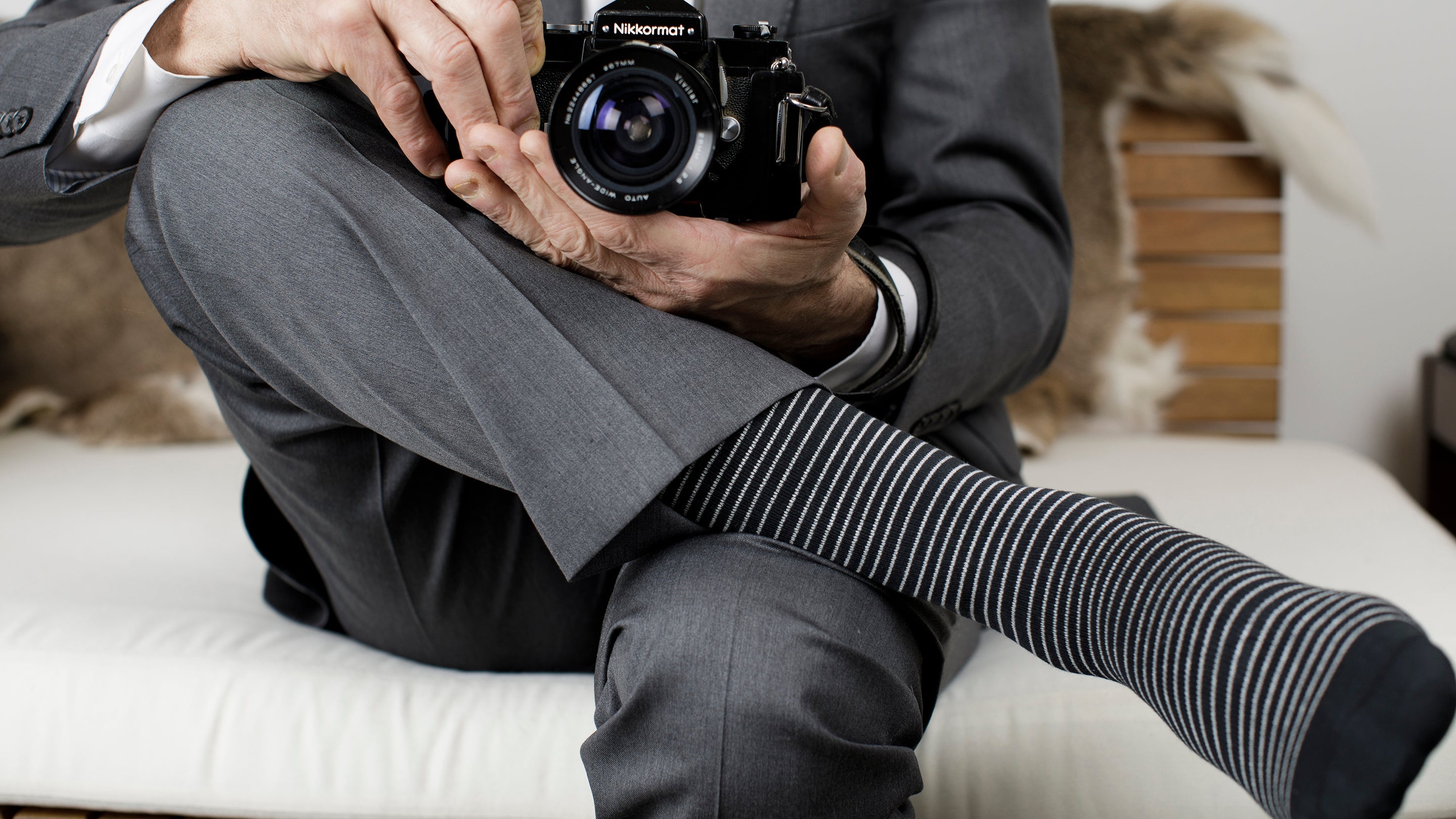


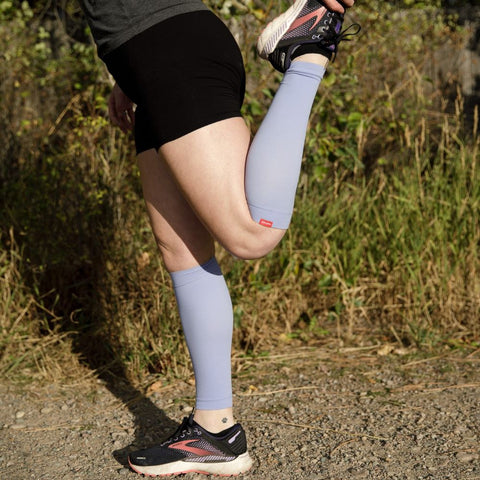

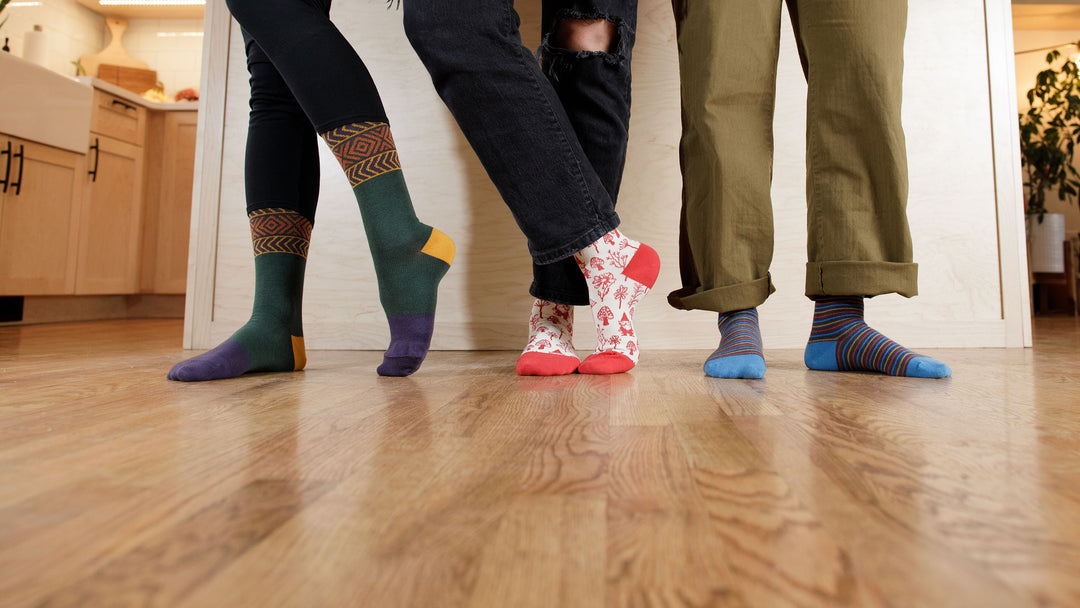

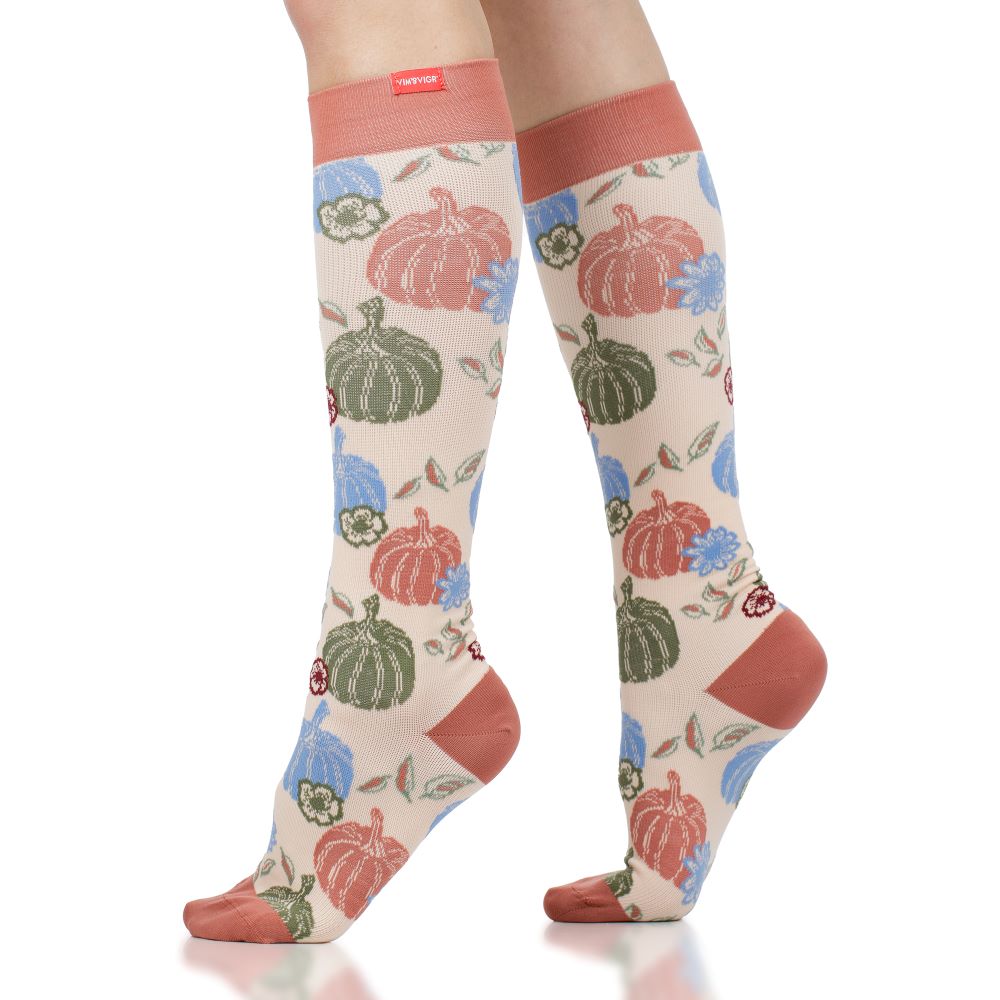

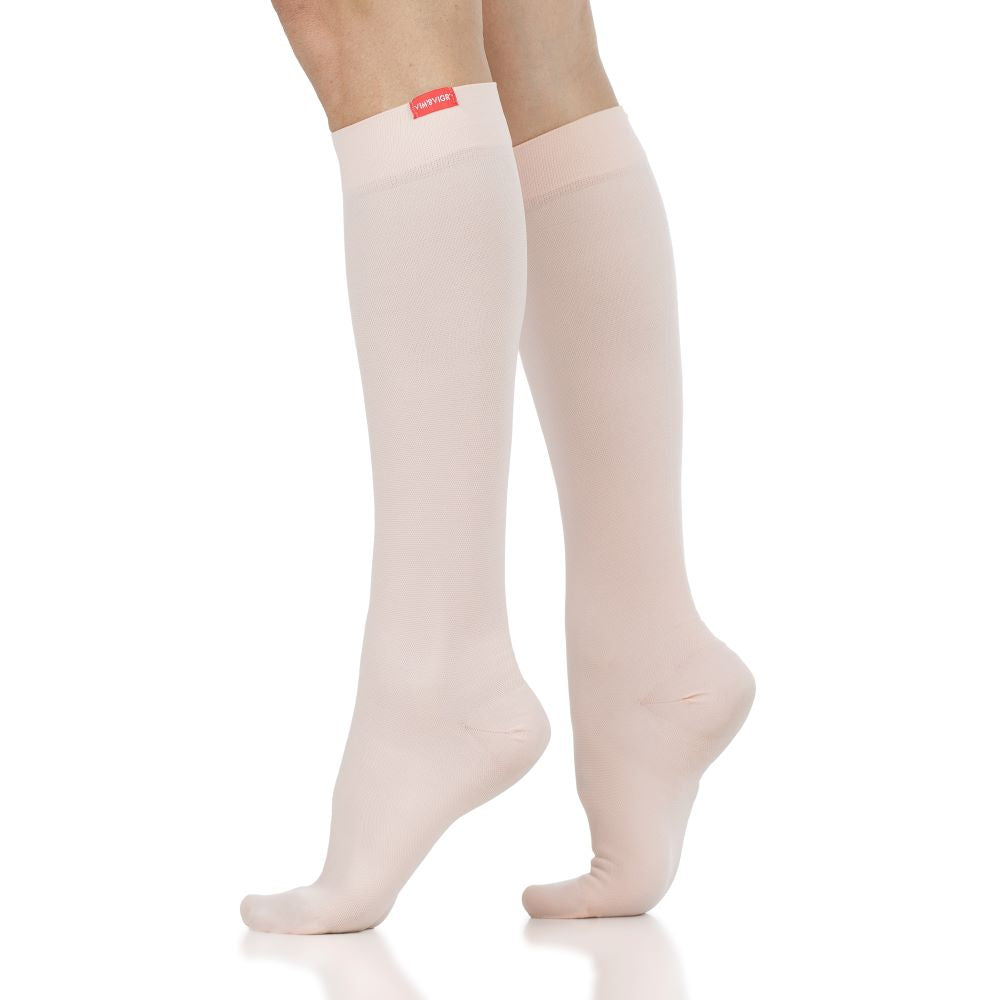



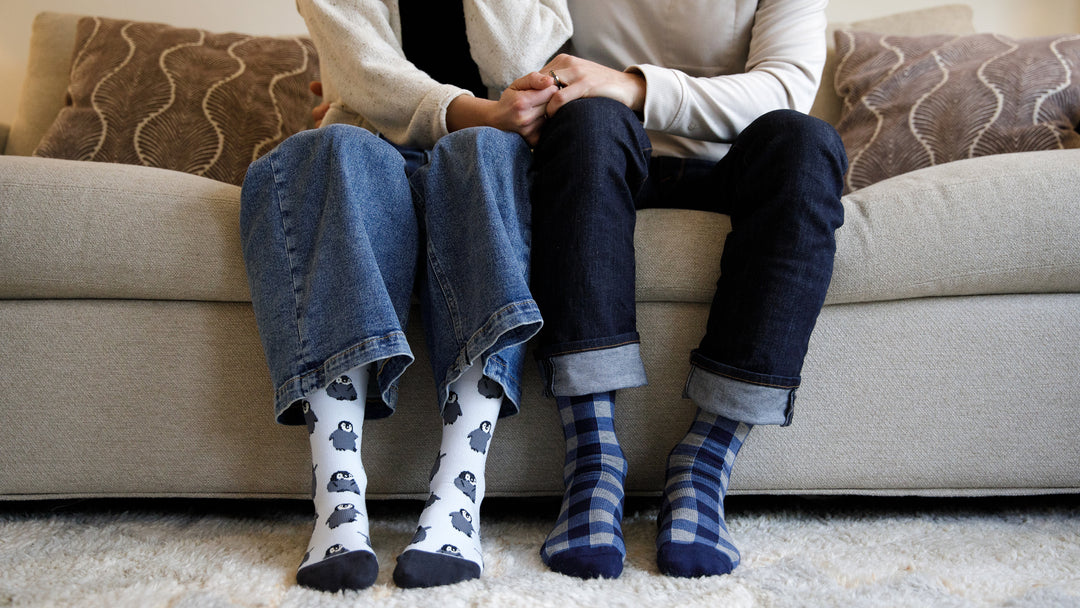
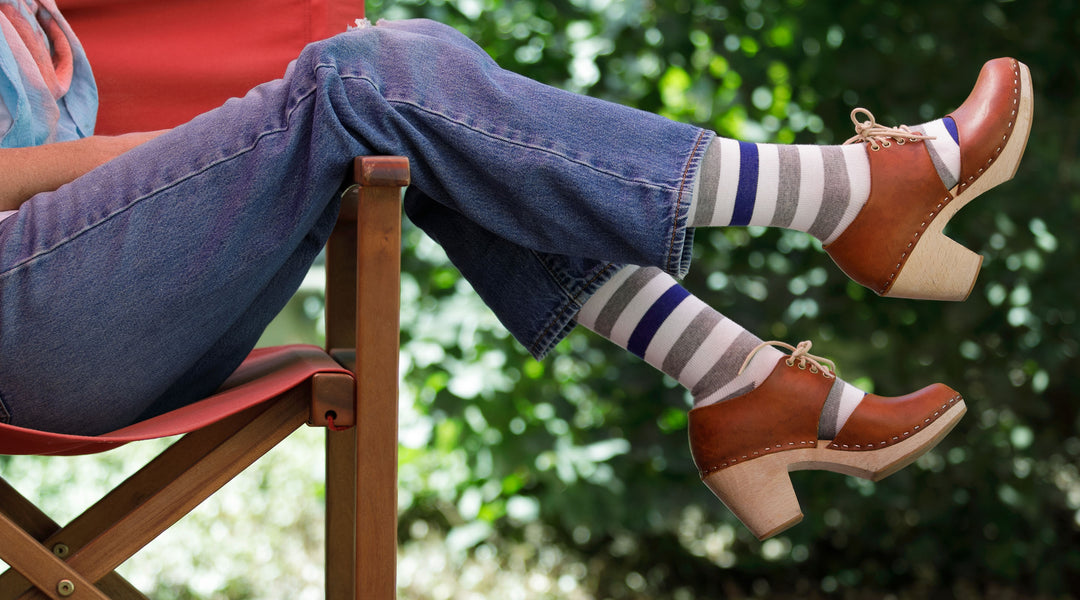
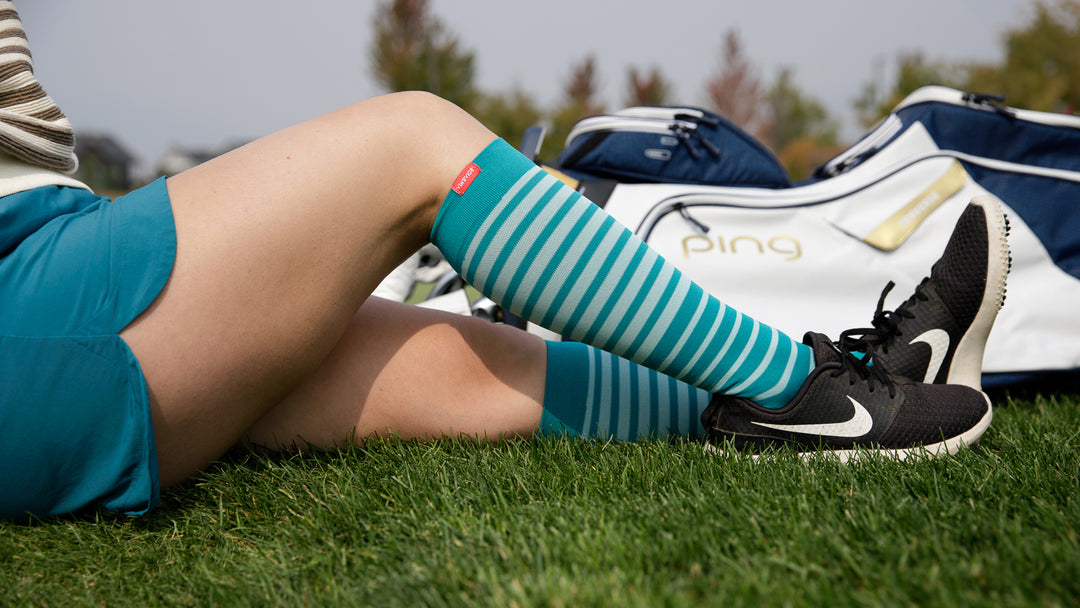
Leave a comment